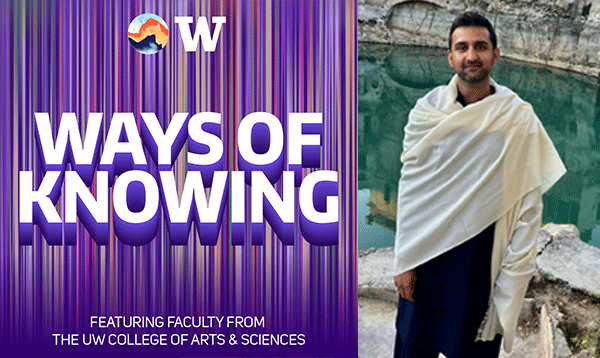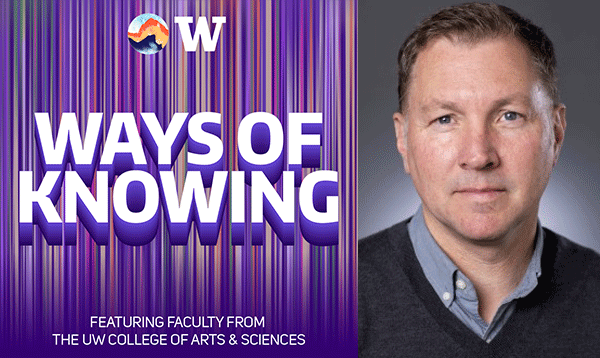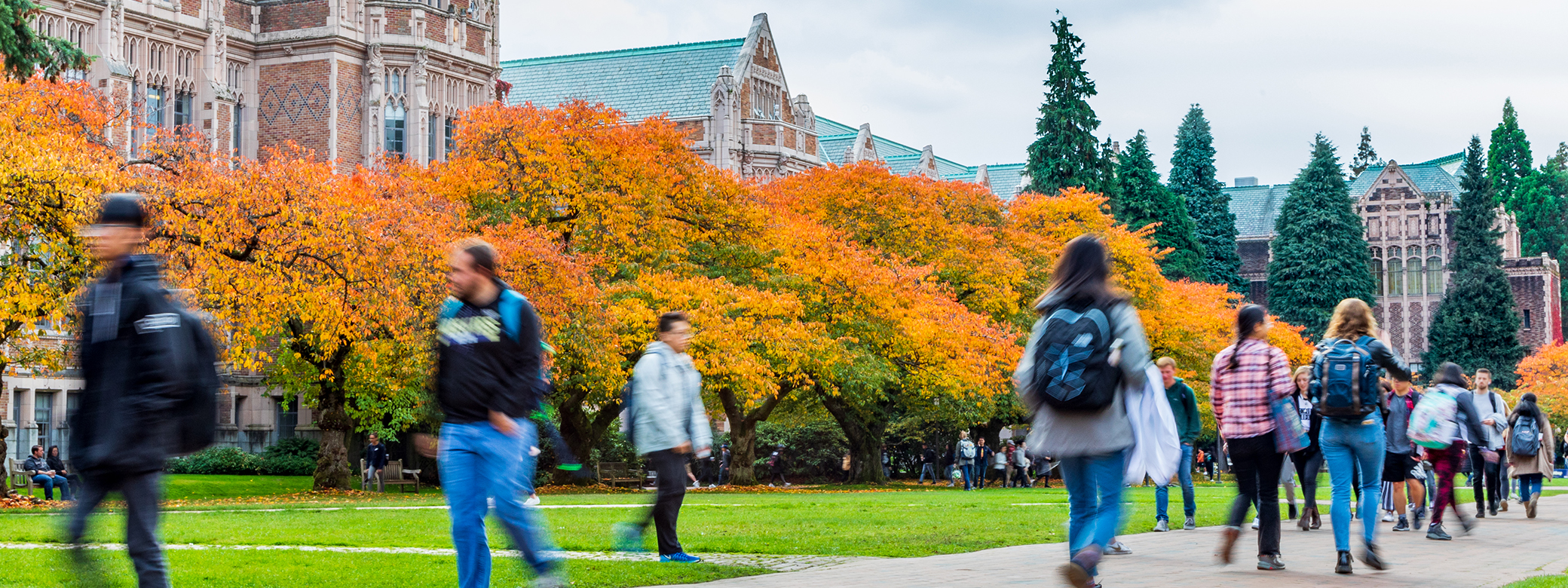-
California's hummingbirds have changed their beaks in response to backyard feeders, study finds
Many bird enthusiasts like to hang bright red feeders filled with homemade sugar water to attract hummingbirds to their gardens. Now, new research suggests this common practice may be driving rapid evolutionary change in one species in California. Alejandro Rico-Guevara, assistant professor of biology at the UW and curator of birds at the UW Burke Museum, is quoted.05/28/2025 | Smithsonian Magazine -

Ways of Knowing Episode 3: Geez
The kingdom of Aksum was one of the most powerful empires in the world in the fourth century. It played a major role in the histories of Egypt, Persia and Rome, as well as the early days of Christianity and Islam. But Aksums accomplishments have long been overlooked because they are recorded in the ancient...05/28/2025 | UW News -
5 years after George Floyds death, where does Black Lives Matter stand?
As the five-year anniversary of George Floyds murder approaches, KING 5 is examining the current state of the Black Lives Matter movement. Alexes Harris, professor of sociology at the UW, is interviewed.05/26/2025 | KING 5 -
Backyard feeders changed the shape of hummingbird beaks, scientists say
A new study suggests that Anna's Hummingbirds in the western United States are not only keeping up with human influence on their habitat, they're thriving. Alejandro Rico-Guevara, assistant professor of biology at the UW and curator of birds at the UW Burke Museum, is quoted.05/26/2025 | NPR -

ArtSci Roundup: June 2025
From campus to wherever you call home, we welcome you to learn from and connect with the College of Arts & Sciences community through public events spanning the arts, humanities, natural sciences, and social sciences. We hope to see you this June.
05/23/2025 | College of Arts & Sciences -

Ways of Knowing Episode 2: Paratext
There is more to literature than the text itself. Anything that surrounds the text from the cover to chapter headings and author bios is known as paratext. This is what transforms text into a book. Richard Wattss research focuses on this under-examined aspect of literature. In this episode, Watts, an associate professor...05/22/2025 | UW News -
Analysis: Empathy can take a toll but 2 philosophers explain why we should see it as a strength
"Empathy can make people weaker both physically and practically, according to social scientists. Consider the phenomenon known as empathy fatigue, a major source of burnout among counselors, nurses and even neurosurgeons. These professionals devote their lives to helping others, yet the empathy they feel for their clients and patients wears them down, making it harder to do their jobs," co-writes Colin Marshall, associate professor of philosophy at the UW.05/22/2025 | The Conversation -
You can't trust everything generative AI tells you here's what to do about it
If you're reaching for a chatbot instead of a search engine or a trusted source, think twice before acting on the information it gives you. Katy Pearce, associate professor of communication at the UW, is interviewed.05/22/2025 | CNET -
UW professor looks for ways to make the ethical best of AI-enhanced learning
When generative artificial intelligence, or AI, dropped into our lives two and a half years ago, educators around the world went into a panic. Suddenly there was a chatbot easily accessible to students that could help them cheat on tests and assignments and likely get away with it. Fast forward, and now students are complaining that teachers are using AI in their jobs, and they don't like it. Should they? Katy Pearce, associate professor of communication at the UW, is interviewed.05/21/2025 | KUOW -
Ways of Knowing Episode 1: Digital Humanities
English, philosophy and comparative literature aren’t typically subjects that come to mind when thinking about big datasets. But the intersection between literature and data analysis is exactly where Anna Preus works. This is the first episode of Season 2 of Ways of Knowing, a podcast highlighting how studies of the humanities reflect everyday life.
05/20/2025 | UW News
